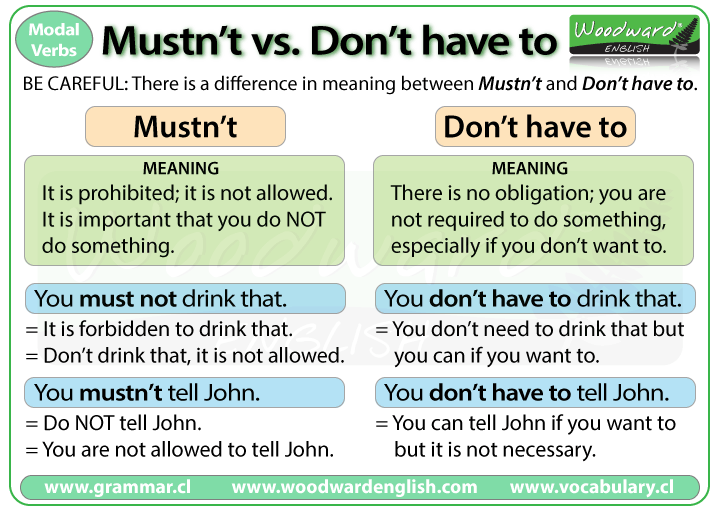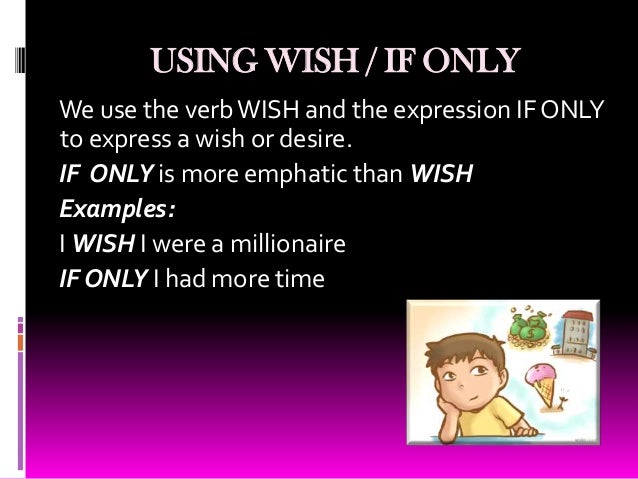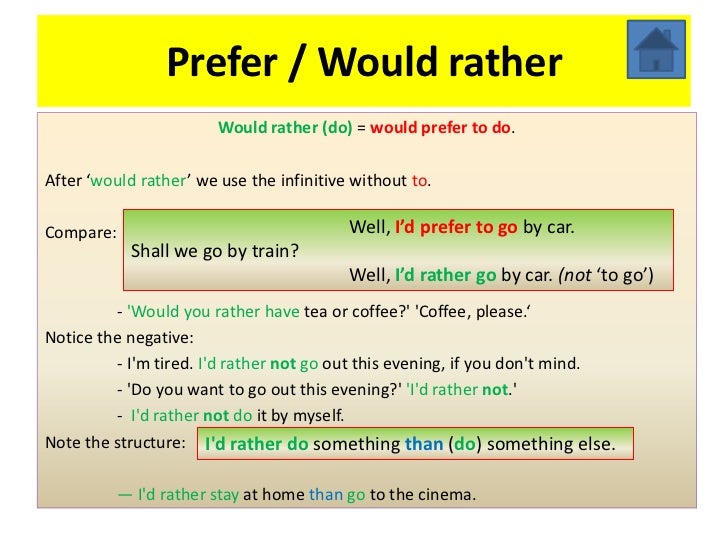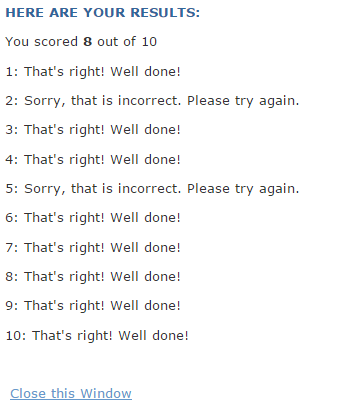Modals
- Dont have to: Obligation " We dont have to go until 5 pm
- Must not: Not to do somenthing (obligation) " you mustn´t talk to him like that
- Should : advice " You should not smoke in the bedrooms.
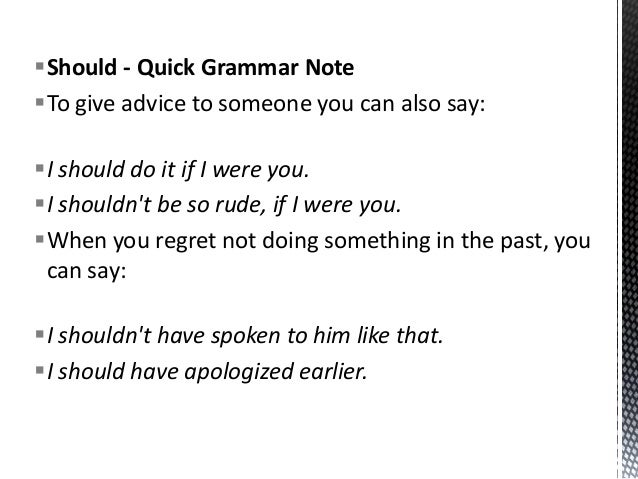
- Can: permission " Can I use the TV.
- Cant: impossibility "You cant playing the guitar
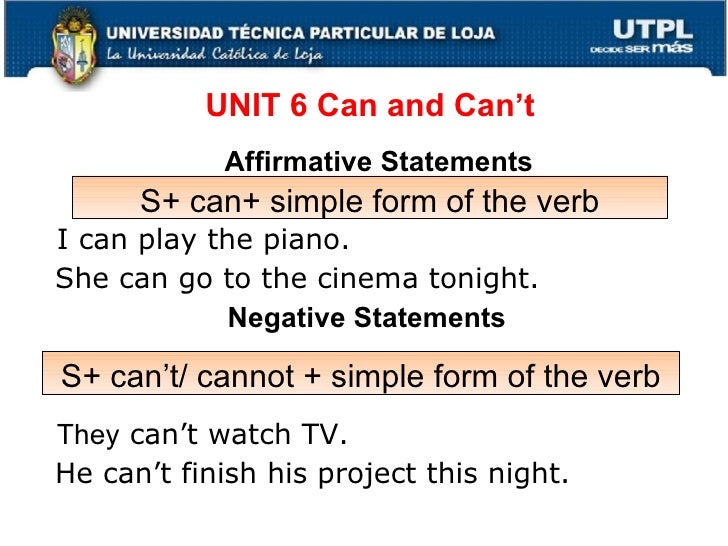
- Can + be : criticism " He can be so annoying
- Will: assumption " They will be there in one hour
- Wont: refusal "I wont stop until I go wherever I want
- May/ might: possibility " I might need a TV.
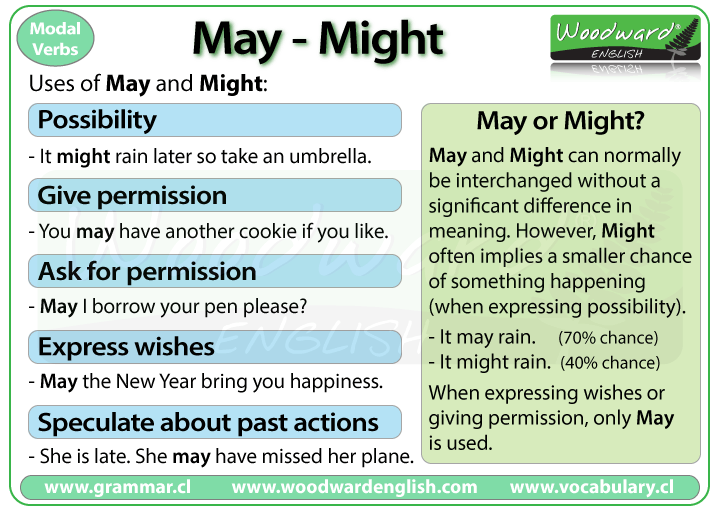
- Must: certainty " The must be hungry now.

- Be bound to : prediction of certainty "He is bound to get the job.
Modals of deduction
- Must have (been): certain " The homework must have been bad

- Might have (been): possibility "I might have left my lipstick in the car.
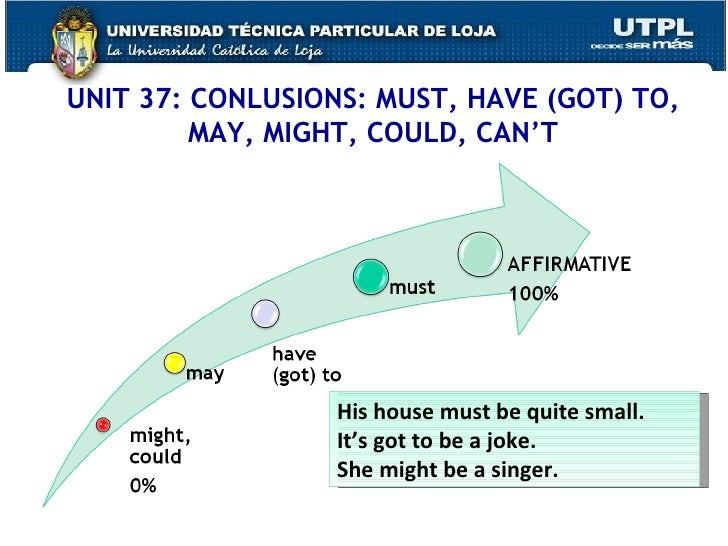
- Cant have or couldnt have (been): impossibility " He cant have finished the homework
Would
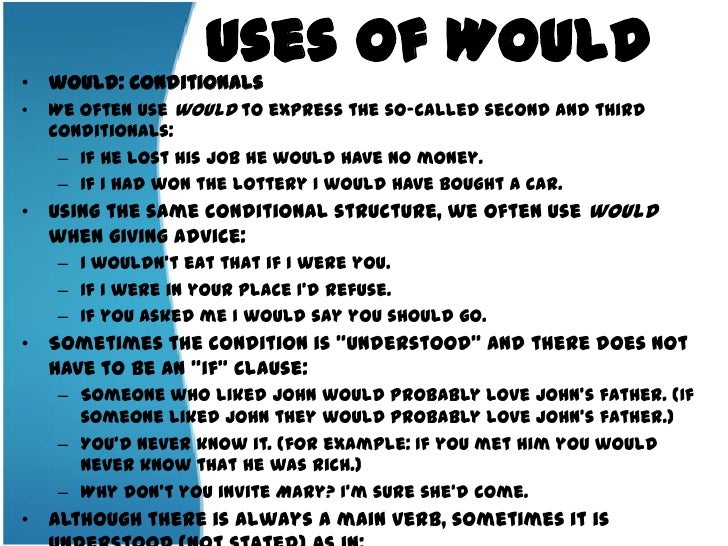
Exercises doing at home:
exercises in class
reference:
English in common 6 with active book
English in common 6 with active book
